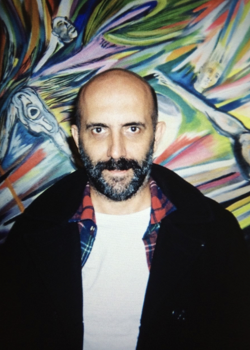
In-Conversation with Gaspar Noé
Other movies
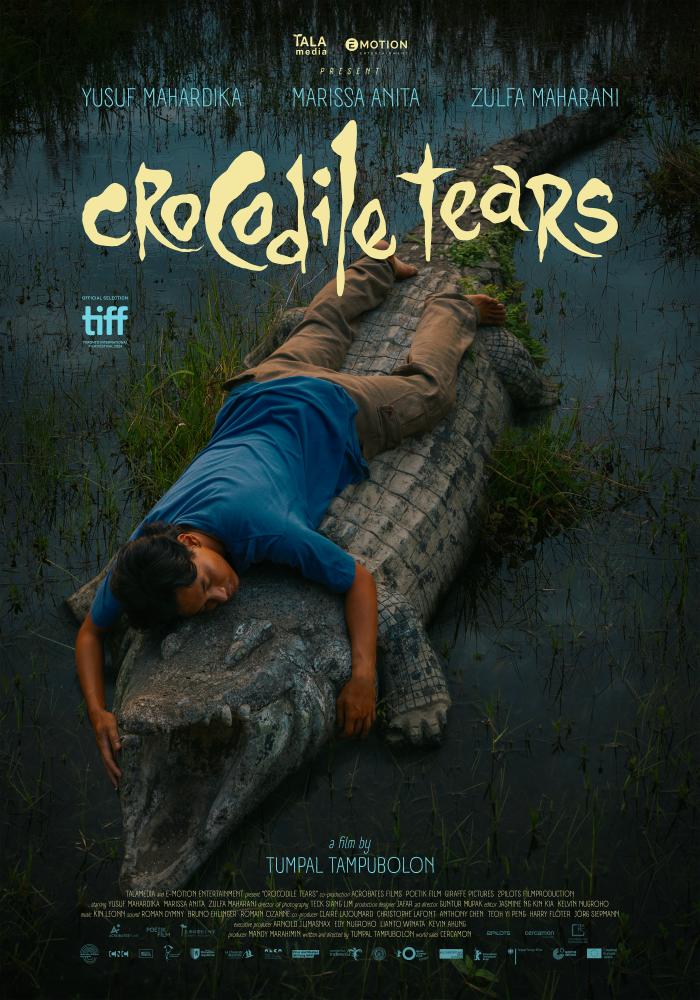
CROCODILE TEARS
Director: Tumpal Tampubolon
On a Crocodile Farm in West Java, Indonesia, a young boy reaches puberty, and his problems with his mother start. Johan, a young man tethered to his mother, Mama, by invisible but unbreakable chains, dreams of freedom yet remains under her suffocating grip. Isolated from the world, their life on the farm is a tense routine of survival and emotional manipulation, disrupted only when a young woman’s arrival threatens the delicate balance. As Johan begins to see through Mama’s relentless hold, he confronts the painful reality of their bond: is it love, or is it tyranny? Director Tumpal Tampubolon dives deep into the tangled web of family loyalty and control in this haunting drama raising timeless questions about family, power, and the cost of independence.
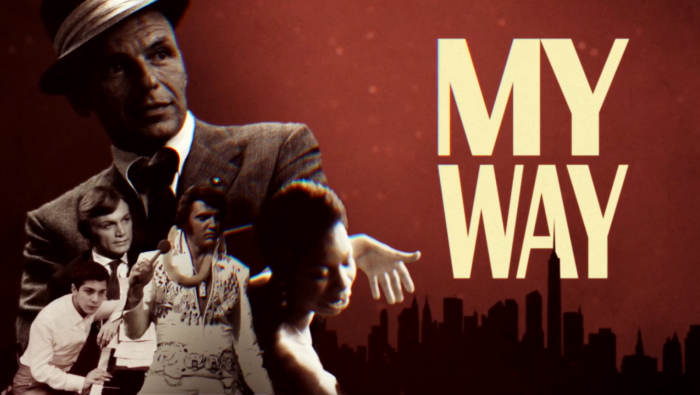
MY WAY
Director: Thierry Teston
Many people are unaware that the iconic song My Way, most famously recorded by Frank Sinatra but covered by everyone from Pavarotti to Sid Vicious and Robbie Williams, was based on the melody of a French tune. In 1967, composer Jacques Revaux and singer Claude Francois wrote Comme D'habitute while sitting by Francois’ swimming pool. Not long after that, it made its way to the United States, where Paul Anka wrote the words that Frank Sinatra would make famous; since then, it has crossed eras, borders and generations. In commemoration of 50 years of My Way, the directors assemble archival footage, interview musicians and unearth new anecdotes to piece together the tune's history, with the song personified by Jane Fonda's narration.
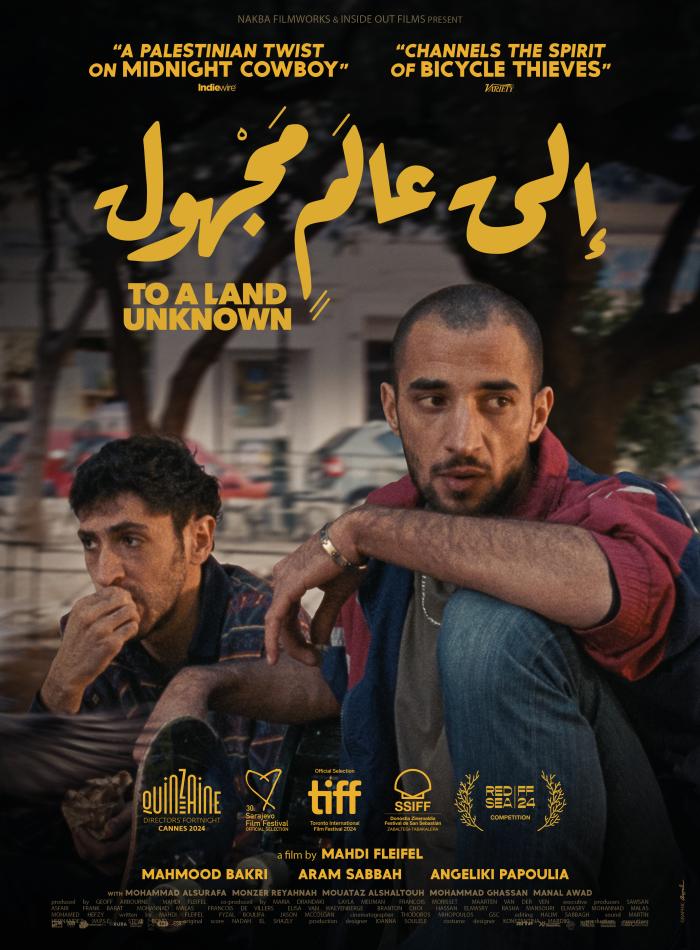
TO A LAND UNKNOWN
Director: Mahdi Fleifel
Palestinian cousins Chatila and Reda have fled a Lebanese refugee camp for Athens. Their sights are set on Germany but, with no money or passports, they are stuck in an underground limbo living off scams and petty crime. For Chatila, who has discovered a ruthless streak, anything is justified – even ripping off their fellow refugees – but Reda hates what he has become, a shame he smothers with drugs, squandering the little money they have. Things look up, however, when they meet Malek: a young boy who says his aunt will send him money to bring him to Italy. Working in a style between documentary and fiction, director Mehdi Fleifel brings home the reality of desperation with poignancy and warmth.
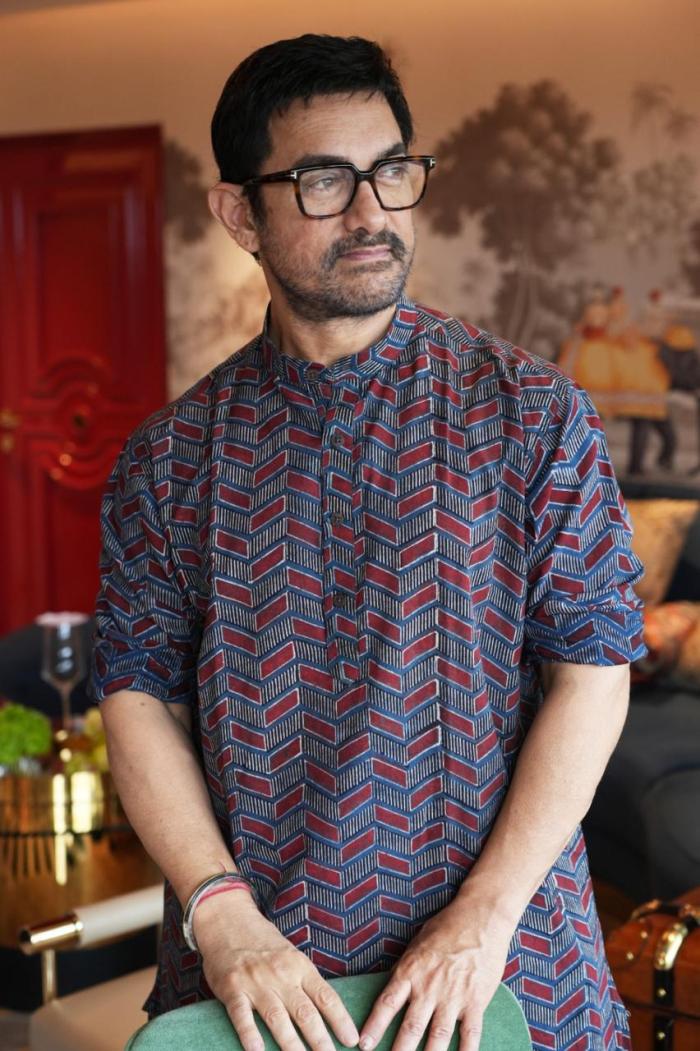
In-Conversation with Aamir Khan
Director: Aamir Khan
A true cinematic icon, Aamir Khan has captivated audiences worldwide with his unforgettable performances in films like Lagaan, 3 Idiots, and Dangal. Known for his exceptional storytelling and dedication to meaningful cinema, Aamir has played a pivotal role in shaping the global perception of Indian films.





